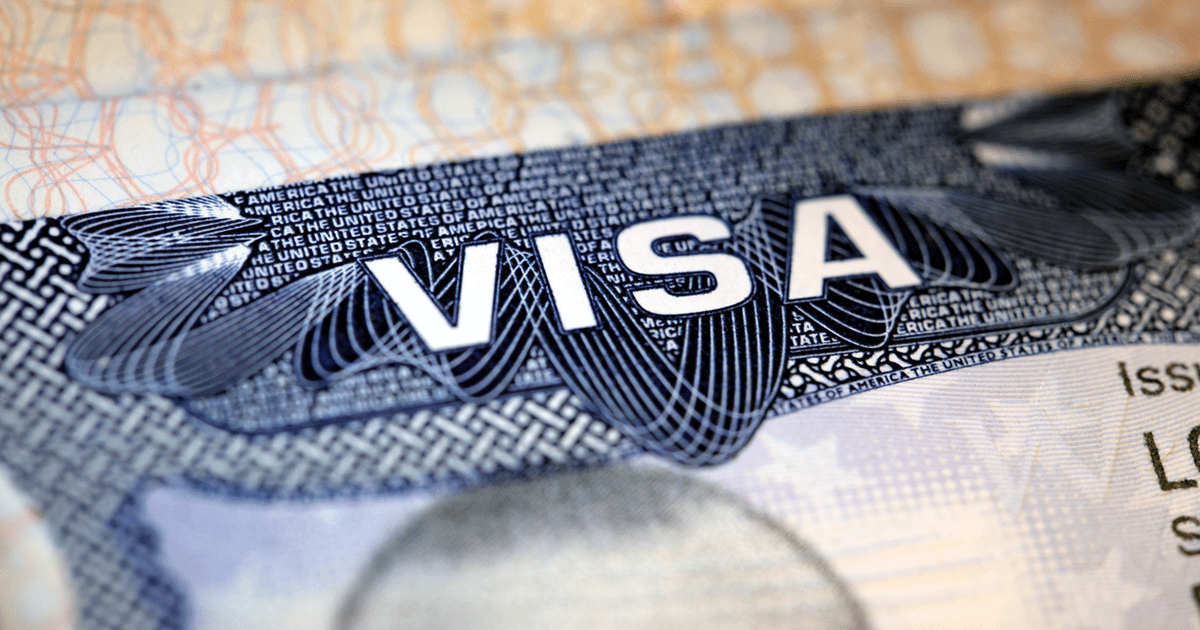The job hunt is a lot different for this year’s dental school graduates as they grapple with the uncertainty that comes with transitioning into their careers during the COVID-19 pandemic. Among the new wave of dental professionals trying to find their place in the job market are the international graduates who face the additional stress of obtaining legal eligibility to work in the U.S.
For recent graduates, this means getting approved for an H-1B visa — a permit that allows U.S. employers to temporarily employ foreign workers. With 85,000 H-1B visas available each year that graduates must obtain through a lottery process or sponsorship, it can be a competitive and sometimes confusing process for applicants and employers.
“The biggest obstacle I will face is finding an employer who will sponsor my work visa,” said Rahul Nagda, DDS, a 2020 graduate from the University of California, San Francisco School of Dentistry. “There is a lack of knowledge about H-1B visas among private practitioners and most are not willing to sponsor a work visa.”
Dr. Nagda came to the U.S. nearly three years ago from Mumbai, India, where he worked as an associate dentist. His dreams of attending a dental school in the U.S. got off to a rough start as he spent three years applying to several schools only to be faced with one denial after another.
It wasn’t until he enrolled into a preceptorship at the University of California, Los Angeles that the doors of opportunity began to open. He enrolled at UCSF School of Dentistry soon after where he received his degree in dental surgery, but behind this significant milestone awaits the growing challenge of obtaining a legal permit to practice in the U.S.
President Trump on June 22 signed an executive order suspending new H-1B and H-4 visas until the end of the year — barring hundreds of thousands of foreigners from seeking employment in the U.S. Although the suspension will not have an immediate impact on Nagda, who is on a student visa as he completes a pediatric residency at UCSF, the new order could have a negative effect on his family.
“My wife also graduated this year, and finding jobs for her has become increasingly challenging,” he said. “There is a high chance that my wife and I will have to live separately again due to limited opportunities.”
Looking forward, Nagda is considering moving to Canada where he says he can benefit from more suitable immigration policies that will allow his family to stay together.
Preparing for plan B
Although the recent orders are temporary, Shubha Pewa, a student at Herman Ostrow School of Dentistry of USC, is reevaluating her postgraduate plans in case she’s faced with any additional obstacles when her time comes to apply for an H-1B visa.
Pewa moved to the U.S. from Bangalore, India, in 2016 to follow in her father’s footsteps of becoming a dentist. After she graduates next year, she currently plans to practice as an associate dentist for a few years before enrolling in a residency. But she’s aware the plans could change if the restrictions are extended.
“My initial plan was to gain clinical experience and then pursue a residency, but I may have to put my plans on the fast track and apply for the residency first,” she said.
Pewa says she would also consider doing Optional Practical Training — temporary employment that allows undergraduates and graduates students with and F-1 visa to work in their related field — in lieu of applying for the H-1B visa, if there are additional restrictions in place.
Students and graduates seeking advice on work visas and current immigration policies are encouraged to contact an immigration law firm.

